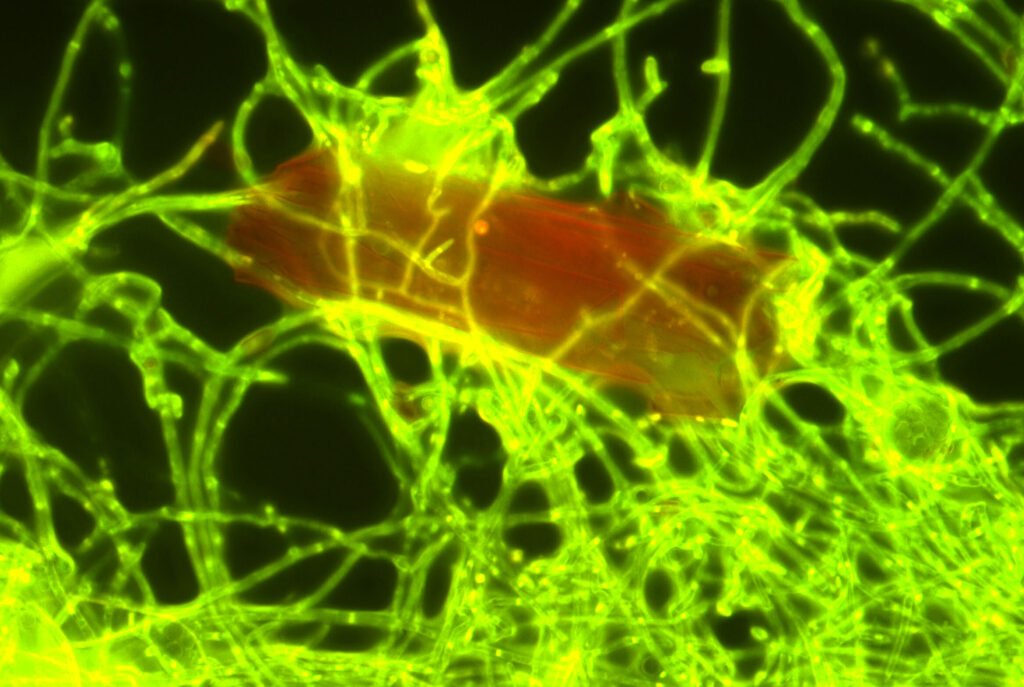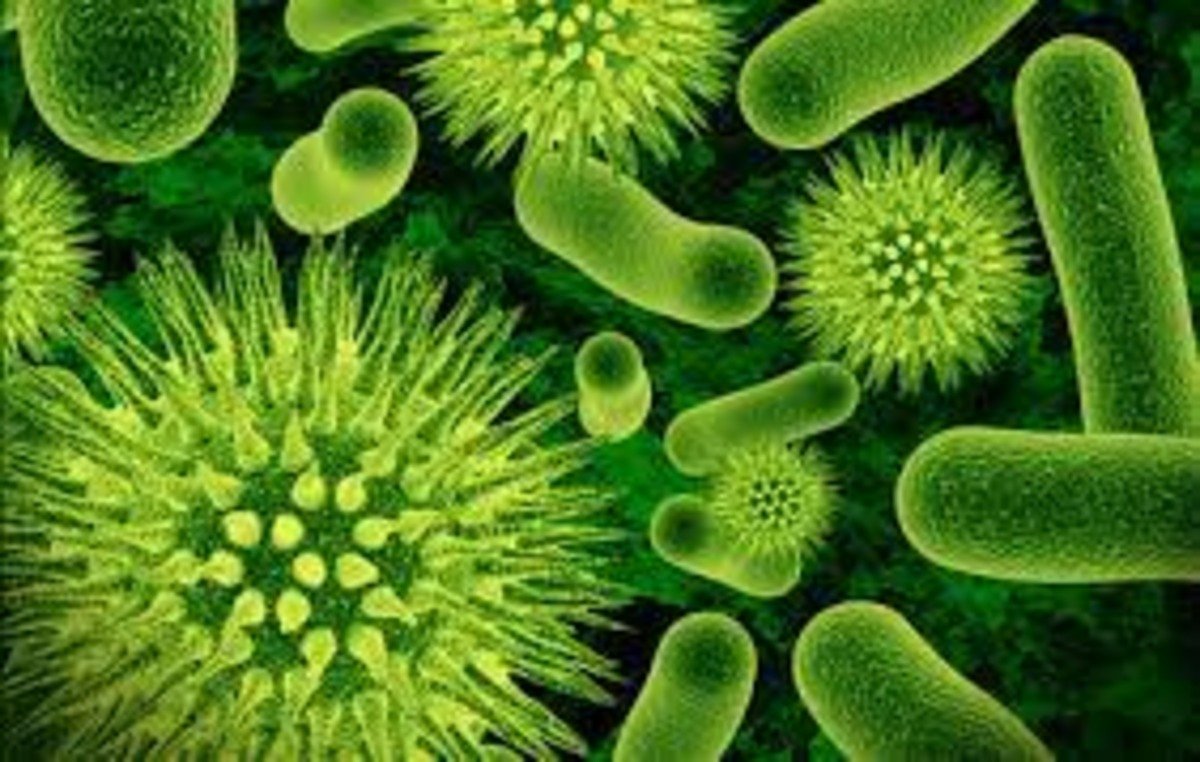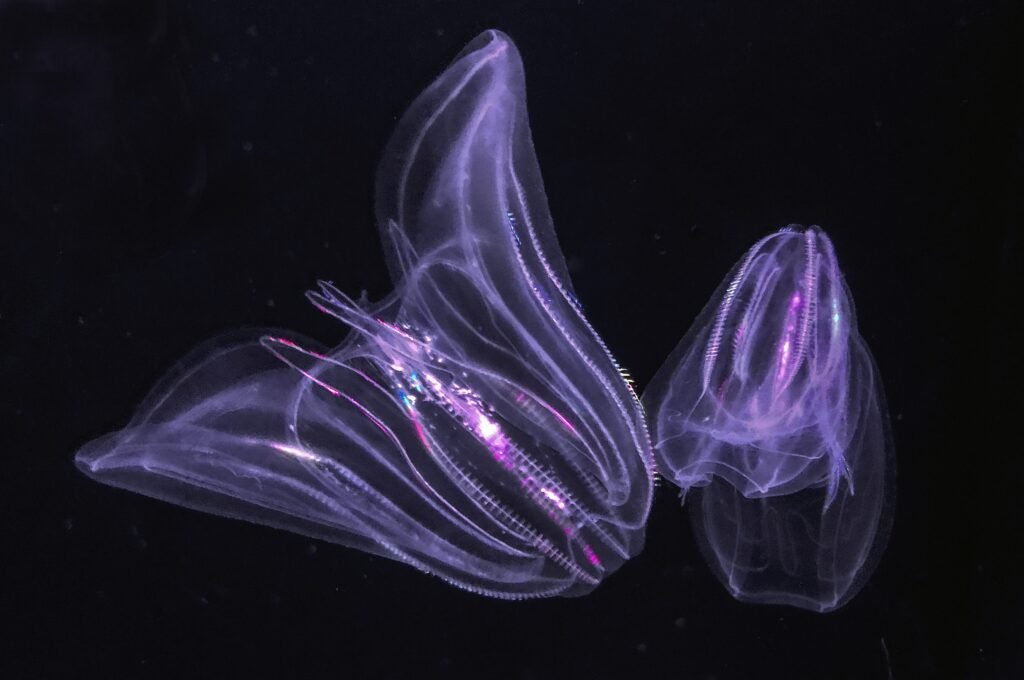Scientists identified fungus that breaks down ocean plastic
Scientists identified a fungus, Parengyodontium album, that breaks down plastic polythene in lower ocean depths. As long as it gets exposed to UV radiation from sunshine, this fungus can break down plastic polythene.
Marine microbiologists at the Royal Netherlands Institute for Sea Research (NIOZ) collaborated with colleagues from Utrecht University for this research. The Ocean Cleanup Foundation, research centers in Paris, and St. Galeen, Switerzeland also worked with NIOZ researchers.
They observed that the fungus Parengyodontium album (P. album) coexists in thin layers with other marine microorganisms on plastic debris in the ocean. It can break down the most common type of plastic, polyethylene (PE), in the ocean.

The researchers went to find the plastic-eating microbes in hotspots of the North Pacific Ocean. Meanwhile, they collected marine fungus from the collected plastic debris by growing it in a lab setting on certain plastics containing carbon.
Annika Vaksmaa is a researcher at the Royal Netherlands Institute for Sea Research. She said that what makes this research scientifically outstanding is that they can measure the degradation process.

Annika and her colleagues found that P. album breaks down plastic polyethylene (PE) at roughly 0.05% rate daily in the lab. Moreover, their observations showed that the fungus breaks down PE with little utilization of its contained carbon.
Scientists also identified that the fungus P. album is converted into carbon dioxide when it breaks down ocean plastic PE. Hence, P. album fungus exhales carbon dioxide (CO2), a greenhouse gas.
But it does not raise any significant issues as P. album releases a small amount of CO2 similar to the amount that people release when they breathe. However, P. album only breaks down plastic PE when exposed to ultraviolet light near the ocean surface.
Read More:
- Sea creature turns into a baby when it is stressed out showing time travel
- Realme Narzo 70 Turbo 5G launch date, features, specifications & price
- European Space Agency printed 3D metal part in space for first time
- Earth’s mysterious Alaska triangle where over 20,000 people disappeared
- Philips Hue launched a new smart lighting solution for kitchen
- NASA to launch life-searching spacecraft to Jupiter’s moon Europa
Share this content:










Post Comment